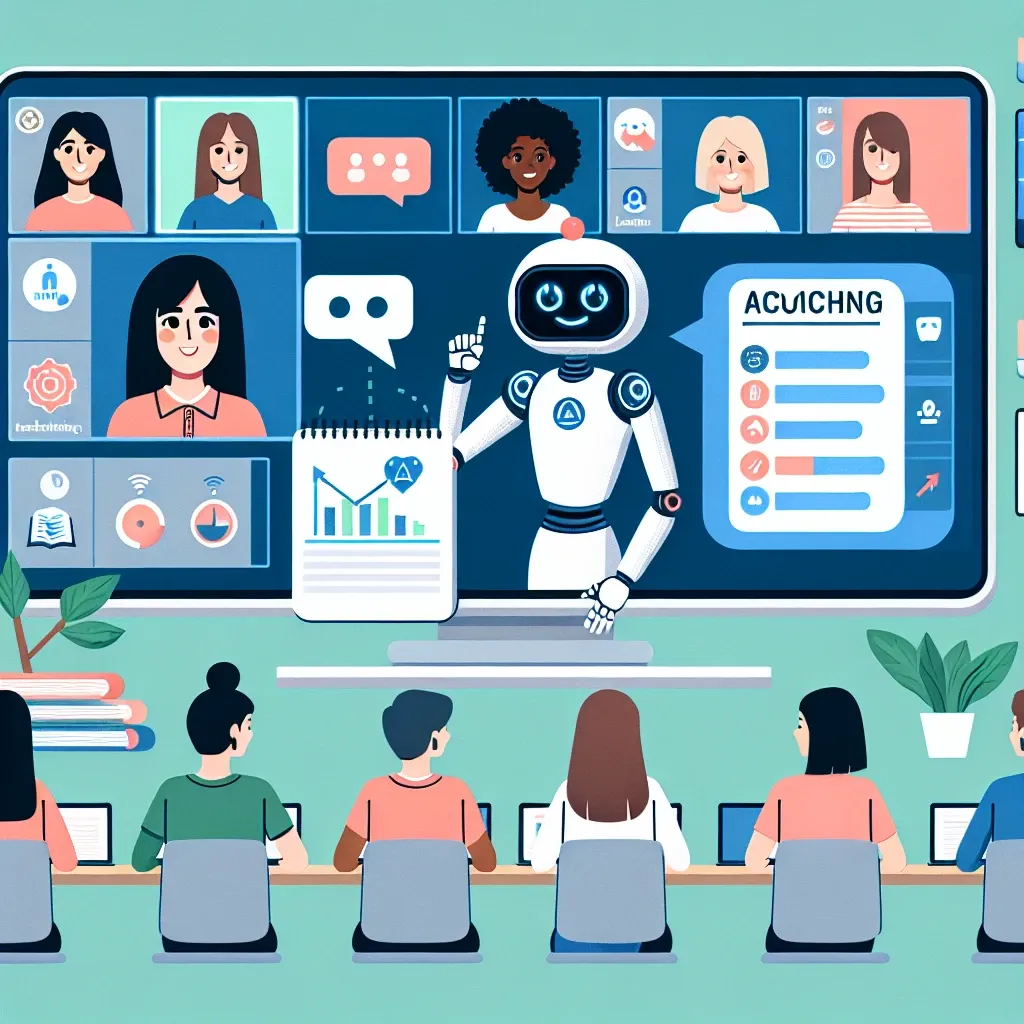Introduction
In the digital age, creativity and speed are crucial for content creators. With the advent of artificial intelligence (AI), generating high-quality creative content has never been easier. This article discusses how AI can assist in crafting innovative content quickly and efficiently.
The Role of AI in Content Creation
AI technologies leverage machine learning algorithms to analyze data patterns and trends in content consumption. Here are some ways AI is reshaping content creation:
- Content Generation: AI tools can generate text, graphics, and even audio by analyzing existing content styles and structures.
- Personalization: AI can tailor content to meet specific audience preferences, increasing engagement levels.
- Consistency: Maintaining a consistent tone and style across multiple pieces of content is easier with AI’s ability to analyze and replicate successful formats.
Benefits of AI-Generated Content
Implementing AI in creative processes offers various advantages:
- Speed: AI can produce content in a fraction of the time it would take a human writer.
- Cost-Effectiveness: Reducing the time spent on content creation can lead to significant savings, making AI a cost-efficient option.
- Data-Driven Insights: AI can analyze which types of content perform best, providing valuable insights for future projects.
Applications of AI in Creative Content Generation
Here are some popular applications of AI in producing creative content:
- Blog Writing: Tools like GPT-3 can generate blog posts on virtually any topic within seconds.
- Graphic Design: AI platforms can create stunning graphics and visuals based on minimal input.
- Video Production: AI can assist in video editing and content generation, creating trailers or promotional videos rapidly.
Best Practices for Using AI in Content Creation
To leverage AI effectively, consider the following best practices:
- Integrate AI tools within your content strategy rather than relying solely on them.
- Maintain human oversight to ensure the content is relevant and on-brand.
- Use AI-generated content as a draft, and refine it further to add a personal touch.
Challenges and Considerations
While AI offers exciting possibilities, there are challenges:
- Quality Control: AI-generated content may lack the nuanced understanding that human writers provide.
- Originality: Ensuring that AI-generated content is unique and not just a rehash of existing material is vital.
Conclusion
AI is revolutionizing how we create and consume content, making it quicker and more efficient. By understanding its capabilities and limitations, content creators can embrace this technology to enhance their productivity and creativity. As AI continues to evolve, it will undoubtedly play an increasingly significant role in shaping the future of creative content.




Leave a Reply